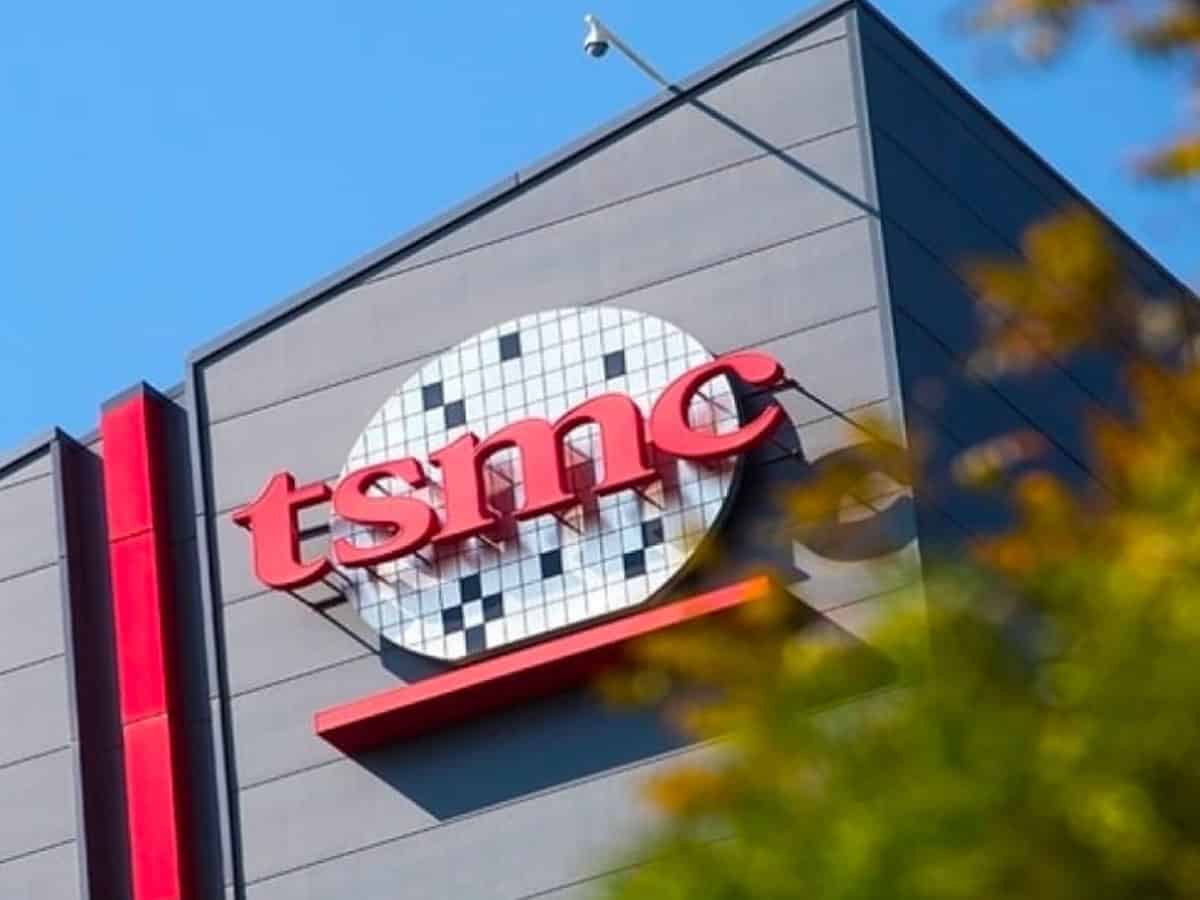
Hong Kong: Taiwan Semiconductor Manufacturing Co (TSMC) on Tuesday said that ir will soon produce ultra-advanced 3-nanometer (nm) chip, as the leading contract chipmaker struggles with supply-chain woes and other constraints.
According to South China Morning Post, TSMC CEO C.C. Wei acknowledged the company is dealing with delivery delays amid global expansion push.
“When carmakers told me previously that they are short of semiconductors, I thought, ‘How come these guys couldn’t understand the importance of chips?’ But later TSMC’s own equipment suppliers suffered delivery problems and told me it is also due to component and chip shortage,” Wei said during an annual technology forum in China.
“I think the whole world didn’t realise how important supply chain management is in the past, and the whole world didn’t do good work on supply chain management, including TSMC,” Wei was quoted as saying.
TSMC also aims to get its 3D chip stacking technology, known as SOIC to enter mass production this year.
Apple and Intel will be the first companies to use TSMC’s 3-nm chips.
Samsung last month marked the first shipment of 3-nanometer semiconductors at a ceremony, a key milestone in the race to build the most advanced and efficient chips to date.
The next-generation 3nm chips are built on Gate-All-Around (GAA) technology, which Samsung said will eventually allow an area reduction of up to 35 per cent, while providing 30 per cent higher performance and 50 per cent lower power consumption, compared with the existing FinFET process.
TSMC, the world’s largest contract chip manufacturer, had said it will begin mass production of 3nm chips in the second half of the year.
Samsung, the world’s largest memory chip maker and second-largest foundry player, has said its 2nm process node was in the early stages of development, with mass production planned for 2025.



